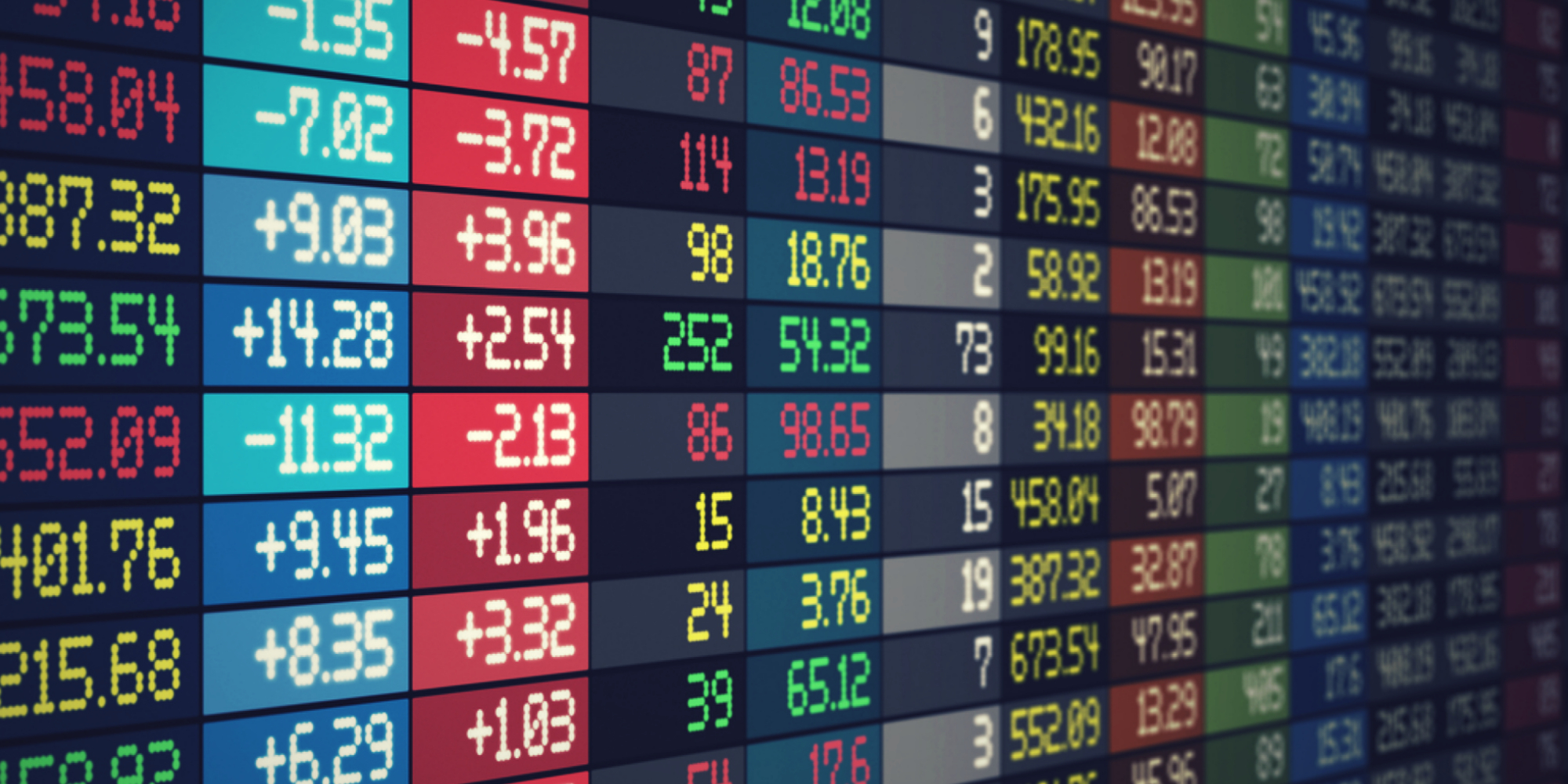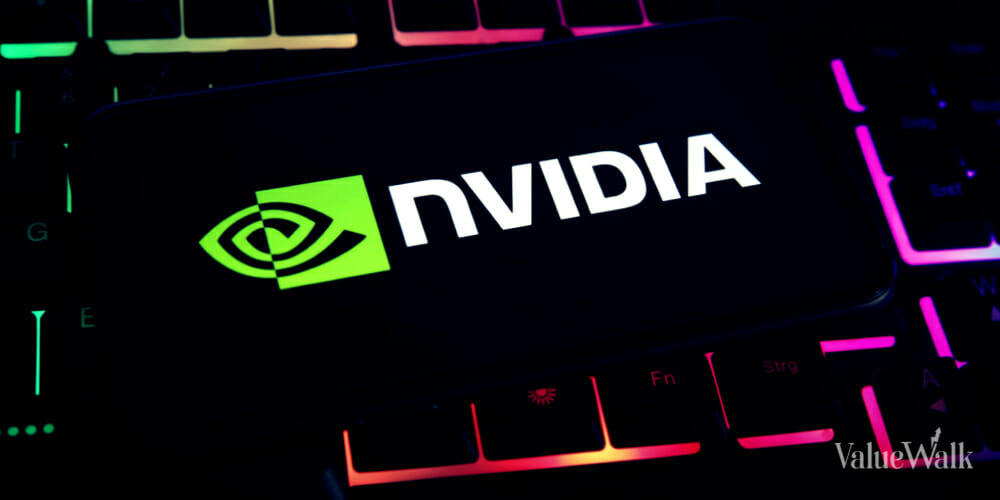A new stock exchange is seeking approval to launch in the United States, and it has some powerful backers.
On Wednesday, TXSE Group announced that it is planning to roll out the Texas Stock Exchange, which will be based in Dallas. The group is backed by BlackRock (NYSE:BLK), the world’s largest asset-management company, and Citadel Securities, a market maker that provides liquidity for markets.
If approved, the Texas Stock Exchange (TXSE) would position itself as a national alternative to the two largest exchanges in the country, the New York Stock Exchange and the Nasdaq.
TXSE is backed by heavyweights
TXSE Group has raised $120 million from some two-dozen investors, including BlackRock and Citadel. Those two firms represent a significant portion of the equity volume on U.S. exchanges.
The fully electronic exchange will provide a venue to trade and list public companies and exchange-traded products. TXSE said the new exchange comes at a time when corporate issuers and sponsors of exchange-traded products are seeking more stability and predictability in terms of listing standards and costs.
According to The Wall Street Journal, management of the exchange describe it as “more CEO-friendly” with fewer regulatory hoops and lower compliance costs.
“Changes in equities trading markets are driving more volume to exchanges and more choices for issuers and sponsors,” said James Lee, founder and CEO of TXSE Group. “TXSE will ultimately create more competition around quote activity, liquidity, and transparency, resulting in more consistent and reliable markets that benefit investors, global issuers, and liquidity providers alike.”
Why Texas?
In recent years, other regional independent stock exchanges in the U.S. aside from the NYSE and Nasdaq have opened up, including those in Boston, Philadelphia and Chicago. However, those other stock exchanges were bought up by either Nasdaq or Intercontinental Exchange, which owns NYSE.
In addition to the two major stock exchanges, there are also two major derivatives exchanges: CBOE Global Markets and CME Group, which includes the Chicago Mercantile Exchange. In 2018, the Members Exchange launched as an alternative to the big two, but it has only been able to capture a small percentage of the trading volume for derivatives.
Lee said Texas was the “clear choice for the establishment of a new national securities exchange” because of its strong economy and the fact that it is home to more Fortune 500 and private equity-sponsored companies than any other state.
He also said the Southeast U.S. serves as headquarters to more than 1,500 publicly traded companies.
“We’re thrilled to bring to fruition the long-held vision for a national stock exchange in Texas,” Lee said. “Texas and the other states in the southeast quadrant have become economic powerhouses. Combined with the demand we are seeing from investors and corporations for expanded alternatives to trade and list equities, this is an opportune time to build a major, national stock exchange in Texas.”
Still needs SEC approval
TXSE Group plans to submit registration documents for the exchange with the U.S. Securities and Exchange Commission later this year. Thus, this is certainly not a done deal, as there are still regulatory hurdles to clear.
If the Texas Stock Exchange does receive SEC approval, management expects trading to start in 2025, according to The Wall Street Journal and other outlets.
In response to the TXSE news on Thursday, Nasdaq (NASDAQ:NDAQ) and International Exchange (NYSE:ICE) saw little change in their stock prices, as each fell less than 1%.

















